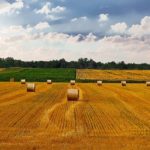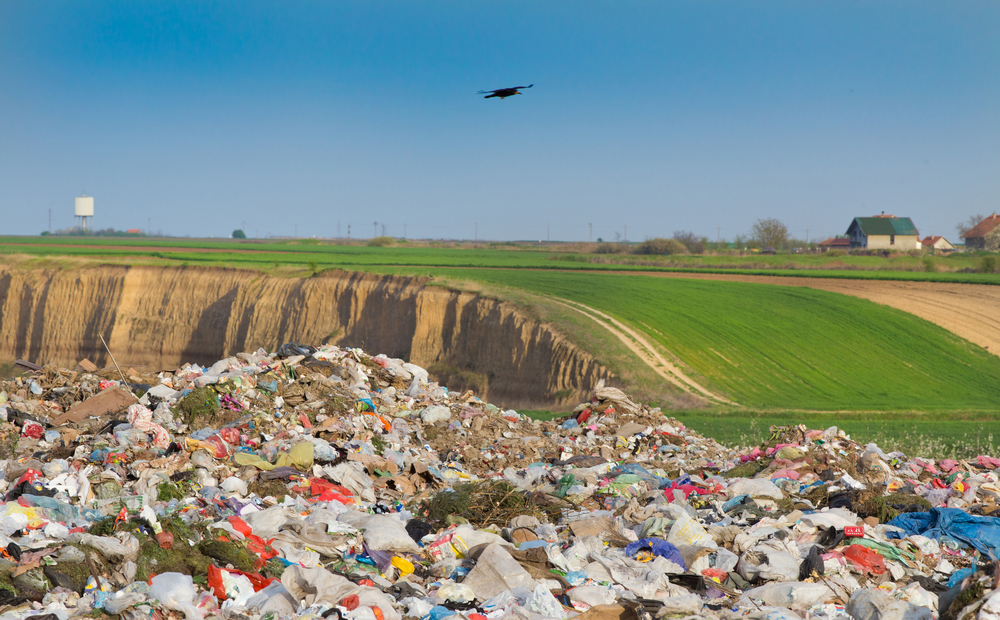It’s important, now more than ever, that we do all that we can to protect the planet that we live on. As farmers, that means taking a more eco-friendly approach to your process rather than traditional harmful methods. You shouldn’t worry though, plenty of eco-friendly farming methods provide even more efficient results than traditional methods.
1. Permaculture
Permaculture is incredibly eco-friendly and can actually help you make your farm more efficient. This is because permaculture helps develop an environment for certain crops to grow where they otherwise wouldn’t be able to. It mimics how vegetables and plants grow in natural ecosystems.
It applies natural principles that combine intention, smart farming, and design to reduce waste of resources and increase efficiency. Everything that you use in permaculture is used with a purpose, meaning you will get the most out of every little grain and vegetable you plant. Reducing the amount of waste and runoff can work wonders in protecting the environment.
2. Aquaponics and Hydroponics
This method of farming is very efficient and can help save resources and energy. Aquaponics and hydroponics utilize soilless plant and vegetable growth, feeding the plants with nutrients that are carried by the water. Hydroponics feeds your plants the minerals they need by using a passive medium such as perlite or gravel.
Meanwhile, aquaponics farming systems combine aquaculture and hydroponic elements. It uses water that contains nutrients from the mineralization of fish waste to feed the roots of the plants and vegetables. Any runoff water is purified by the plants and returns to the hydroponic section of the system, ready to be reused.
3. Trees
Forestry is a great way to increase your crop yield without doubling down on potentially harmful chemical fertilizers or pesticides. This method involves growing shrubs, trees, plants, and vegetables to mimic a forest ecosystem. It leads to multiple layers of food forests, providing you with many crops.
It can include fruit trees, perennial herbs, mushrooms, and other vegetables on the ground level and even underground root vegetables. As you can imagine, this method of farming is very environmentally friendly. One of the main reasons for that is due to the fact that you don’t have to use chemicals and pesticides that harm the soil and the surrounding environment.
4. Using Renewable Energy
In recent years, we have seen a huge boost in eco-friendly farming. One of the biggest boosts has been the shift from regular energy sources to alternative energy sources. These alternative sources provide the same amount, and in some cases, more energy than traditional methods without taxing the environment.
One of the most popular alternative energy sources is solar power, which uses solar panels to run pumping and heating systems. Another popular method is hydroelectric power, which uses river water to power various farming machinery. Wind farms have also seen a huge boost in popularity, providing a reliable energy source that isn’t too damaging to the environment.
Prevent Crop Disease
Another way farmers can protect the environment and their surrounding ecosystem is by preventing vegetable and plant disease. These diseases wreak havoc on the crops as well as the surrounding wildlife. One of the best ways to do this is through crop diversification and crop rotation techniques. These practices reduce the amount of pesticide and chemical fertilizer required.
We Have Your Packaging Needs Covered
Our team here at Western Packaging offers eco-friendly packaging solutions to ensure your product gets from one place to the next safely. We offer a wide range of bagging options fit for transport and storage. Contact us today to find out how we can help you.






Sorry, the comment form is closed at this time.